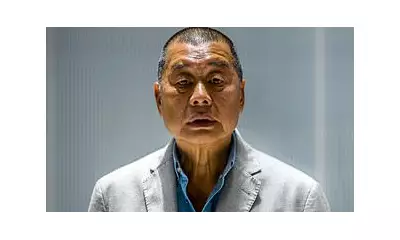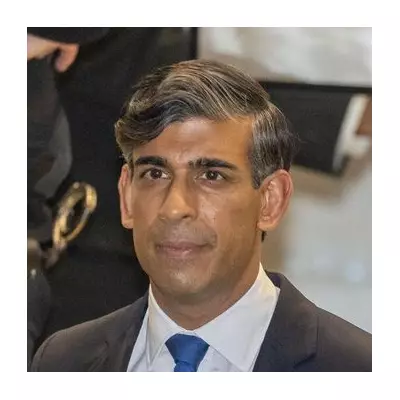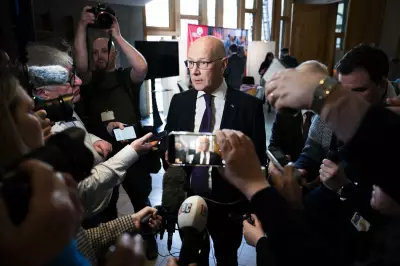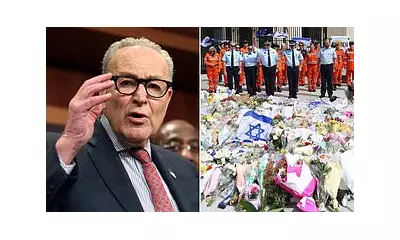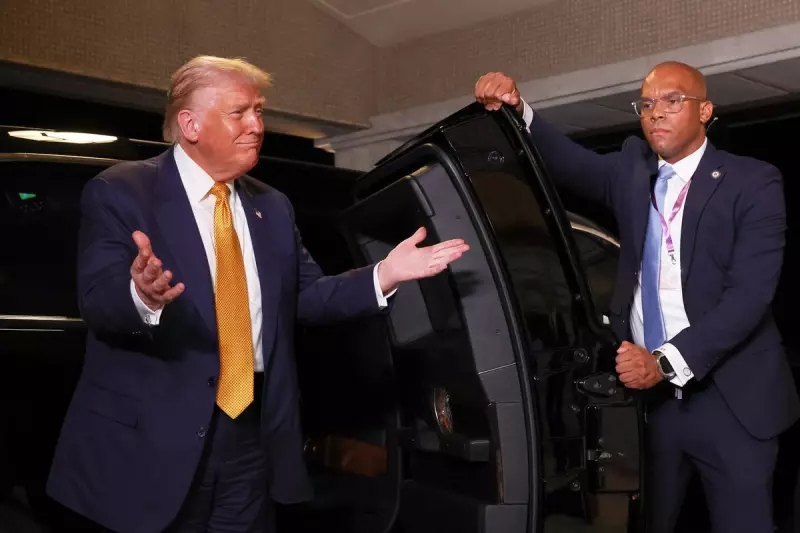
In a revelation that could dramatically reshape global security dynamics, former US President Donald Trump has allegedly encouraged both South Korea and Japan to pursue nuclear weapons programmes during private conversations, according to exclusive reports.
A Radical Departure from Traditional US Policy
The controversial suggestions, if implemented, would represent a fundamental break with decades of American non-proliferation efforts in the region. Security analysts are warning that such a development could trigger a dangerous nuclear arms race across Asia.
During discussions with key figures, Trump reportedly questioned why the United States should bear the primary responsibility for defending its Asian allies against nuclear threats from neighbouring powers. This stance aligns with his long-standing "America First" philosophy but raises serious questions about the future of international security alliances.
Political Fallout and Regional Reactions
The revelations have emerged amid Trump's ongoing political activities and fundraising efforts as he positions himself for a potential return to the White House. South Korean political leader Lee Jae-myung has been mentioned in connection with these discussions, highlighting the international dimension of the former president's influence.
Regional experts express deep concern about the potential consequences of such policy shifts. "Encouraging nuclear proliferation among key Asian allies would fundamentally destabilise the delicate security balance that has maintained peace in the region for generations," noted one senior security analyst who wished to remain anonymous.
Broader Implications for Global Security
The reported conversations come at a time of heightened global tension, with multiple conflict zones testing international diplomatic frameworks. Trump's apparent willingness to reconsider long-standing nuclear non-proliferation commitments could have far-reaching implications beyond the Asia-Pacific region.
Defence officials from multiple nations are reportedly monitoring the situation closely, concerned that such rhetoric from a leading presidential candidate could embolden other countries to reconsider their own nuclear ambitions.
As the international community digests these revelations, the fundamental question remains: would a future Trump administration actively encourage nuclear proliferation among US allies, and what would that mean for global stability in an increasingly volatile world?


